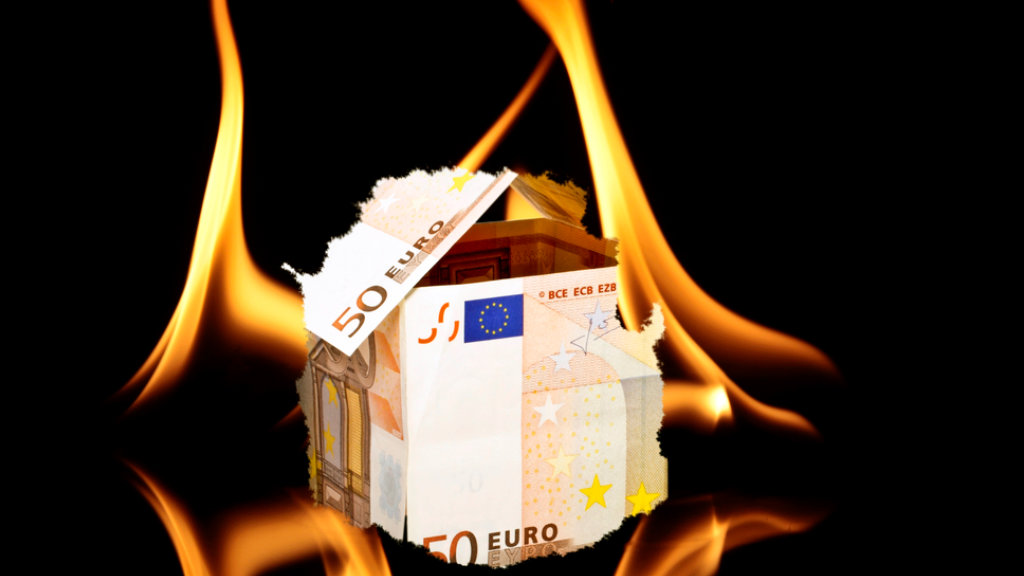EU sanctions mechanism “was not legally transparent”
In a case that may lead to unprecedented legal claims in the EU, a top EU court has annulled sanctions against billionaires Mikhail Fridman and Petr Aven, finding there was insufficient evidence the two oligarchs backed Russia’s conflict against Ukraine. The EU’s General Court concluded that the EU did not present enough evidence to show the billionaires were involved in efforts to undermine Ukraine, potentially setting a precedent for other appeals.
The ruling is a huge blow to the EU’s sanctions regime against Moscow, which has targeted more than 1,700 people and more than 400 entities, accusing them of supporting or enabling the invasion of Ukraine.
The ruling found there might be “a degree of proximity between Petr Aven and Mikhail Fridman and Vladimir Putin or his entourage” but said the EU had failed to “demonstrate that they had supported actions or policies” that harmed Ukraine, backed key Russian officials, or benefited from their decisions.
Aven and Fridman are the most high-profile Russians to have a top court rule against their inclusion on the EU’s travel ban and asset freeze list. They were both hit with sanctions on the grounds that they “supported actions and policies that undermine or threaten the territorial integrity, sovereignty and independence of Ukraine”.
“The General Court considers that “none of the reasons set out is sufficiently substantiated and that the inclusion of Mr Aven and Mr Fridman on [sanctions lists] was therefore not justified,” the court said in a press release. The ruling was “very unfortunate”, said a senior EU diplomat.
Fridman made millions in oil and telecoms, banking and retail in Russia before his arrival in London nearly a decade ago, where he and his partners set up Mayfair-based investment group LetterOne. The UK and EU imposed sanctions on Fridman and Aven, as well as their partners German Khan and Alexei Kuzmichev, in the early weeks of Russia’s full-scale invasion of Ukraine in 2022. As a result, the oligarchs were forced to cede control over LetterOne and moved to sell their stakes in Alfa-Bank, their biggest Russian asset.
Limited to a spending allowance of about £2,000 a month under the UK sanctions and facing an investigation from the UK’s National Crime Agency, Fridman struggled to pay for the upkeep on Athlone House, the £65mn mansion he owns in Highgate.
EU sanctions against hundreds of Russians were drawn up rapidly in the days following Russia’s full-scale invasion, and some Brussels officials have privately admitted that evidence often was hastily assembled, including citing press coverage.
Rulings by the General Court can be appealed and this will almost certainly happen.
Three less well-known Russian businessmen also had their sanctions lifted in September, and the EU dropped restrictions against tech founder Arkady Volozh in March. Volozh and eccentric fintech billionaire Oleg Tinkov, who won a challenge against UK sanctions last year, remain the only prominent Russian businessmen to offer vociferous criticisms of Moscow’s invasion.
Fridman returned to Russia in October. Russian legal counsel has said that the EU court’s decision showed how misguided western sanctions policy had been.
Alexandra Prokopenko, a fellow at the Carnegie Russia Eurasia Center in Berlin who studies sanctions, said the Kremlin had encouraged oligarchs to challenge them in court in order to set a legal precedent against them.
“The problem is the EU sanctions mechanism was not legally transparent,” she said. Had that been the case, the EU could have extracted war condemnations from Russian businessmen in exchange for sanctions relief. “But since there is now a court decision, they have no reason to do that.”
The cases are likely to drag on however this will lead to further examination of how the EU and UK governments, apparently arbitrarily, imposed sanctions on Russian nationals without going through any legal procedures. The ruling undermines the Western case for imposing sanctions, and the subsequent seizing of Russian personal and Government assets. The Russian government, which has long called the actions as ‘in breach of international law’ and ‘theft’.
Should the case go to appeal and Fridman and Aven ultimately prevail, further cases for damages caused by the illegal imposition of sanctions upon them could also be filed against the UK and EU governments, and be filed by Russian nationals and the Russian government in similar circumstances. Those claims could run into hundreds of billions of dollars.




